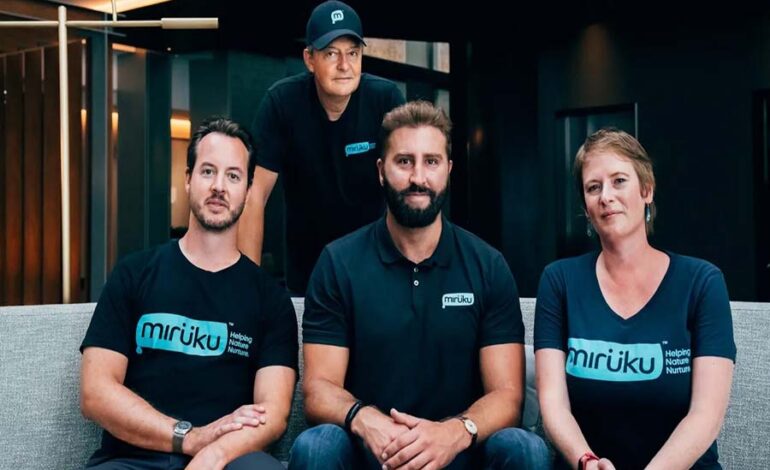Immersion, a leading provider of haptic feedback technology, has reached a settlement with Meta regarding the incorporation of touch-feedback features in Meta’s Quest VR headsets.
According to a press release, Immersion announced that it had entered into a licensing agreement with Meta, granting Meta access to Immersion’s patents for haptic technologies across its hardware, software, VR, and gaming products. However, specific terms of the settlement were not disclosed.
Eric Singer, President, and CEO of Immersion, expressed satisfaction with the agreement, stating, “We’re delighted to grant Meta a license to our patents for haptic technologies. We’re excited to license Meta for their delivery of high-quality haptics in their devices.”
Founded in 1993 and headquartered in Aventura, Florida, Immersion initially gained prominence through its collaboration with Microsoft, integrating haptic feedback and touch technology into Microsoft’s DirectX APIs. Over the years, Immersion has expanded its patent portfolio through strategic acquisitions, including a significant acquisition from Cybernet Systems in 1999.
While Immersion has amassed a considerable number of patents in the haptic field, the company has faced criticism for its aggressive patent enforcement tactics. Some of Immersion’s patents have been called into question for their validity, with allegations of overly broad claims and minor innovations being patented.
In its litigation history, Immersion has pursued legal action against major players in the tech industry, including Microsoft, Sony, Apple, and Valve, alleging patent infringement related to haptic feedback technology. Settlements with defendants have often involved substantial payments or licensing agreements, underscoring the value of Immersion’s patent portfolio.
Despite its success in litigation, Immersion’s business model has drawn scrutiny for its long-term sustainability. The company’s revenue has remained relatively stagnant in recent years, with significant expenses associated with legal proceedings against well-funded adversaries.
While Immersion continues to generate revenue through licensing and royalties, concerns persist about the company’s ability to maintain profitability once its patents expire. With ongoing challenges in the legal landscape and evolving industry dynamics, Immersion faces uncertainties regarding its future revenue streams and market position.
In conclusion, while the resolution of its dispute with Meta represents a positive development for Immersion, the company must navigate broader challenges to sustain its growth and relevance in the competitive landscape of haptic technology.


